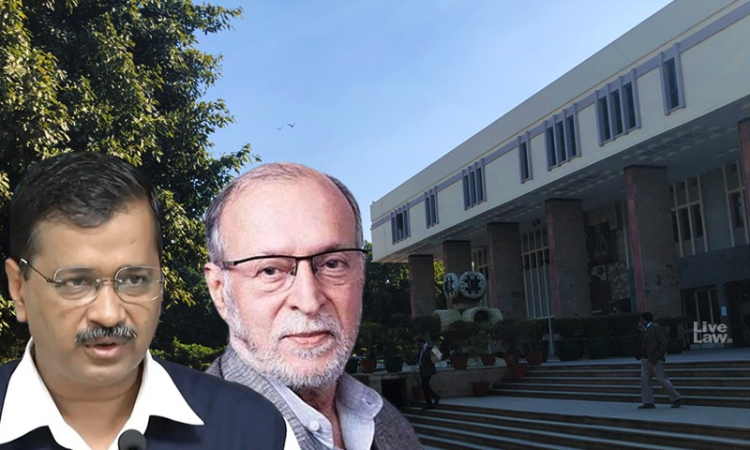'Doorstep Ration Delivery Scheme Is In Public Interest; LG Taking Obstructive Approach': Delhi Govt Tells High Court
Akshita Saxena
4 Jan 2022 9:44 PM IST

Next Story
4 Jan 2022 9:44 PM IST
The Delhi High Court on Tuesday continued hearing a plea filed by Delhi Sarkari Ration Dealers Sangh, opposing the State Government's scheme for door step delivery of ration. Senior Advocate Dr. AM Singhvi, appearing for the Delhi Government, made three-fold submissions: (i) the scheme is proposed in public interest, to uphold the citizens' right to food; (ii) the National Food Security Act...
